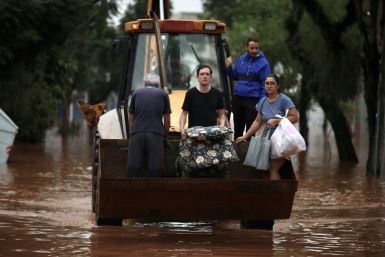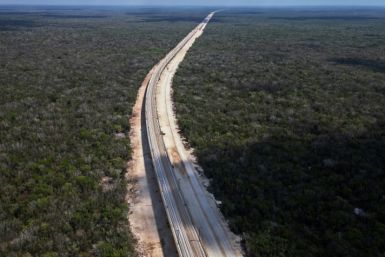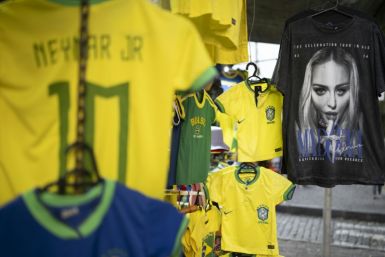China Deflects Questions After WHO Chief Revives Lab Leak Theory
China deflected questions over an investigation into the origins of Covid-19 on Wednesday, after the WHO chief revived a theory it may have leaked from a Chinese lab and the United States led concerns over data access.
A report by WHO and Chinese experts released Tuesday had judged the lab-leak hypothesis highly unlikely, saying the virus behind Covid-19 had probably jumped from bats to humans via an intermediary animal.

China welcomed the report, seeing it as vindication of its handling of the investigation following allegations it had tried to delay and then restrict it.
The report also initially appeared to back China's firm rejection of theories that the pandemic may have been triggered by a leak from a virology lab in Wuhan, the central Chinese city where the virus first emerged.
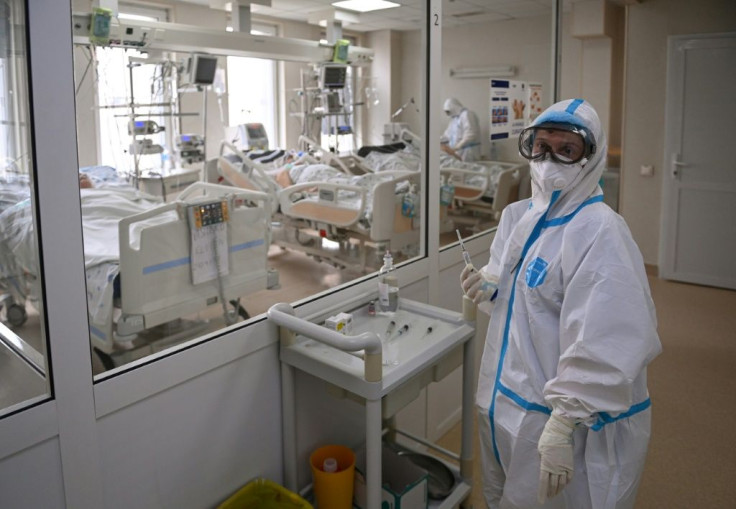
But WHO chief Tedros Ghebreyesus on Tuesday reopened the lab leak theory as he raised concerns about the level of access China provided to the experts during their visit to Wuhan in January.
"In my discussions with the team, they expressed the difficulties they encountered in accessing raw data," Tedros said, calling for "comprehensive data sharing" in future investigations.
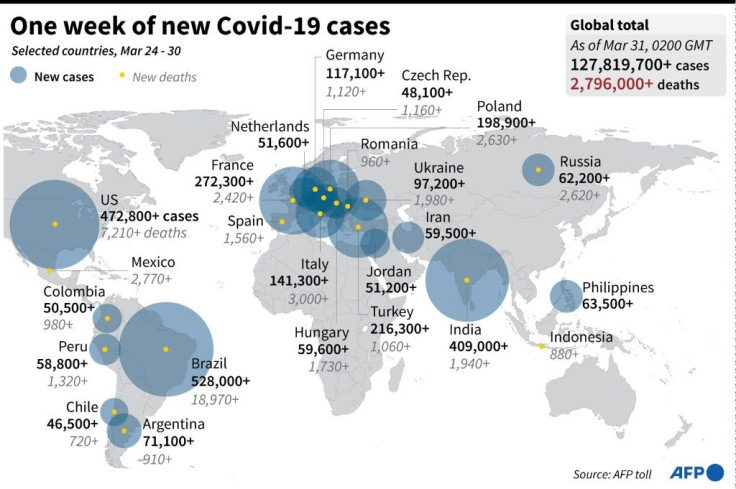
Tedros also said that although experts concluded the laboratory leak was the "least likely" hypothesis, this theory needed to be probed further.
"I do not believe that this assessment was extensive enough," Tedros said of the possibility of a leak.
"As far as WHO is concerned all hypotheses remain on the table."
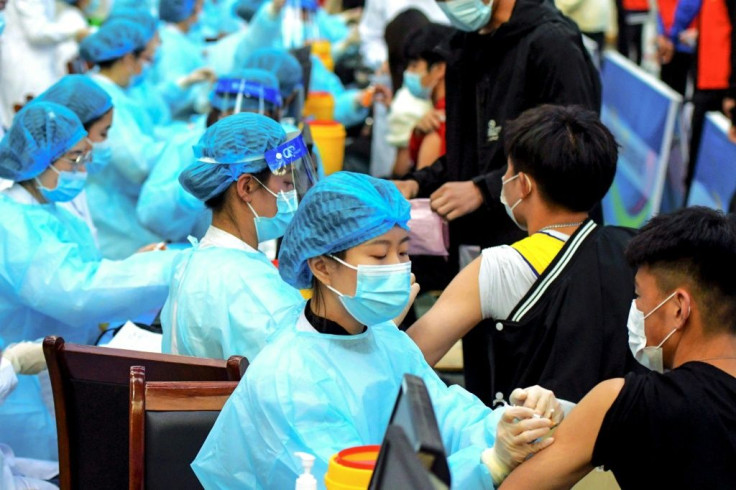
The pandemic has killed nearly 2.8 million people worldwide since it first emerged in Wuhan in late 2019.

Throughout the pandemic, China has amplified theories that the virus may have surfaced outside of its borders or been imported on frozen food.
Hua Chunying, spokeswoman for Beijing's Ministry of Foreign Affairs, reiterated China's stance that "no suspicious signs were found" during the WHO probe and dismissed the lab leak theory.
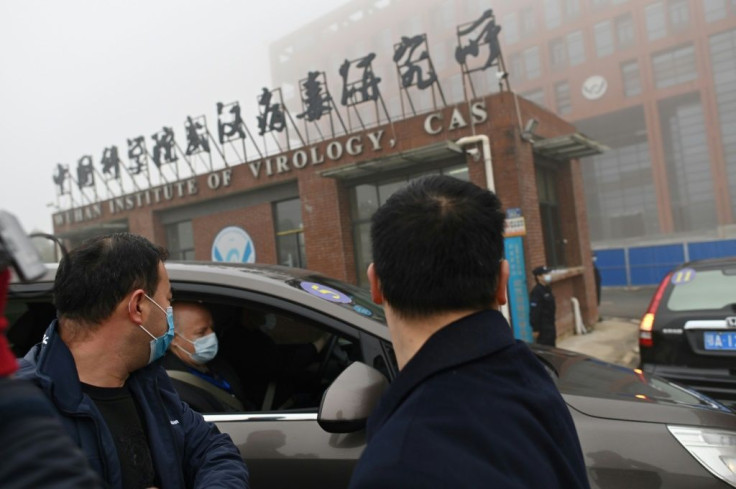
Full access to the staff, research and work practices at the lab was granted, she said.
"They (the experts) believe a Wuhan laboratory leak is extremely unlikely."
The team leader of the Chinese side of the WHO-China joint expert team, Liang Wannian, also said no data was held back.
"What our Chinese experts can see, is the same as what foreign experts can see."
China was heavily criticised by the Donald Trump administration and other Western nations for delaying access to the WHO experts, and Joe Biden's administration has continued to raise concerns about Beijing's handling of the probe.
The United States Tuesday released a statement with 13 of its allies -- Britain, Japan and Australia among them -- saying the inquiry had lacked the data and samples it needed.
Beijing insists it was transparent with the scientists.
It said it provided open access to wet markets, labs, patients and data from the first torrid weeks of the virus, admonishing critics for "politicising" a global health crisis.
Health officials in Beijing are due to give a press conference on the WHO report on Wednesday afternoon.
On the laboratory accident hypothesis, the head of the investigation team told reporters Tuesday that Chinese lab staff had acknowledged they initially feared a leak, but that evidence was thin.
"Nobody could find any trace of something similar to this virus in their records or their samples," Danish scientist Ben Embarek said.
"Nobody has been able to pick up any firm arguments or proof or evidence that any of these labs would have been involved in a lab leak accident."


